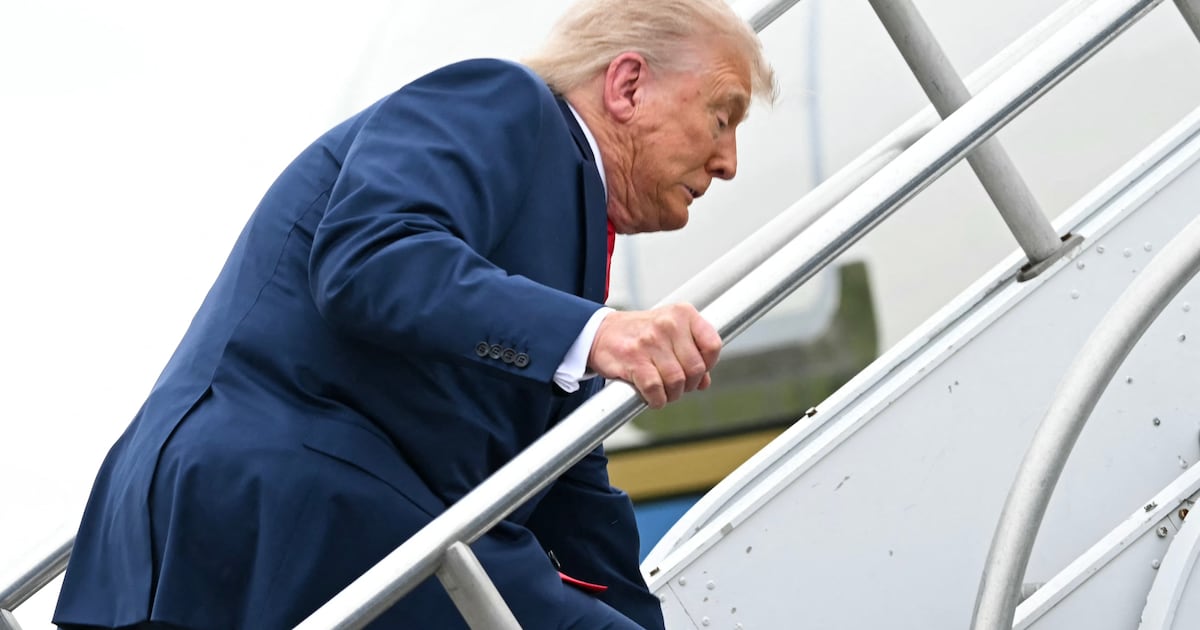For a while there, it seemed that Sakineh Mohammadi Ashtiani’s only chance to escape death by stoning was to pull herself out of her ditch amid a hail of small stones. But the 43-year-old mother of two may have been saved by an unlikely hero Saturday, when Brazilian President Luiz Inacio “Lula” da Silva made a surprise offer of asylum, appealing directly to Iranian President Mahmoud Ahmadinejad: “If she is causing problems there, we will welcome her here,” Lula said.
“Whatever the motivation, this shows that stoning is so inherently brutal that even President Lula has condemned it,” Ebadi said.
Ashtiani was convicted of having an affair with two men in 2006 and received 99 lashes. But the court later changed the conviction to “adultery while being married,” yielding a stronger sentence—death by stoning. She has arguably only made it this far because the Iranian judiciary was pressured by global outrage to reconsider her sentence. Her children started an aggressive campaign that caught the attention of activists and celebrities alike, which in turn prodded Tehran to call off her imminent stoning. But officials hinted she might yet be executed by other means.
• Shohreh Aghdashloo: I Am Outraged!For an important political ally such as Brazil to effectively chastise Iran before the world marks a turn in Ashtiani’s case—and the countries’ cozy relationship. Brazil and Iran caught the West’s attention in May when they brokered a deal to ship half of Iran’s uranium to Turkey. But Lula’s surprising offer signaled to the Islamic Republic that even sympathetic nations with close ties to Tehran will not ignore an atrocious human-rights record for the sake of resolving its nuclear confrontation with the West.
The Brazilian president’s appeal, some reports have suggested, is intended to round out his image as a world statesman as sensitive to human rights as he is the demands of realpolitik, perhaps in a bid to become the next secretary-general of the United Nations.
“Whatever the motivation, this shows that stoning is so inherently brutal that even President Lula has condemned it,” said Shirin Ebadi, Iran’s Nobel peace laureate. “But of course the interference of a foreign country can’t have legal bearing on the case.”
Before Lula’s appeal, Iran dismissed the international outcry over Ashtiani’s sentencing as Western propaganda and interference, barring domestic media from reporting the story. Brazil’s intervention has now made such a news blackout untenable, and officials in Tehran face a thorny predicament: how to appease an influential ally without projecting an image of weakness before pressure. Precisely this balance vexed Iran’s diplomacy with Europe in recent years, as Iranian negotiators found themselves losing ground during talks over human-rights abuses.
The Islamic penal code Iran adopted after its 1979 revolution catapulted Iranian women back several centuries in history, making them the first group of women in the modern Middle East who had legal rights on par with Western women and then lost them. The Iranian women’s rights movement, which emerged in the ‘90s to help Iranian women regain their lost legal standing, never put stoning at the top of its agenda, preferring instead to focus on cases of more immediate and prevalent concern, from divorce to inheritance to child custody.
Accounts of execution by stoning have also been difficult to amass and verify, as Iranian courts do not publicize stoning sentences. Human-rights lawyers must slowly compile information received by word of mouth, and have complained in past years at the difficulty of building international attention around the issue. While some human-rights organizers argue that Iran’s contentious nuclear program has served to distract the West’s focus from human-rights concerns, others say that the nuclear spotlight has actually helped by keeping attention on the Islamic government’s misbehavior.
“There were years when we couldn’t even get a single Western news story around a stoning case,” says Shadi Sadr, a prominent human-rights lawyer. “Today the climate is very different.”
Tehran has yet to respond to the Brazilian offer, which seems as if it either will force Iran to confront its stoning practice before the world or let Iran spectacularly off the hook by creating a side Lula-Ahmadinejad drama.
As Ebadi puts it: “It’s very well to address one case, but the fundamental issue shouldn’t be lost, and that is that stoning needs to be excised from the Islamic Republic’s penal code.”
Azadeh Moaveni has reported on Iran for Time magazine and other publications since 1999. She is the author of Lipstick Jihad, the co-author of Shirin Ebadi’s memoir Iran Awakening, and most recently, Honeymoon in Tehran.





